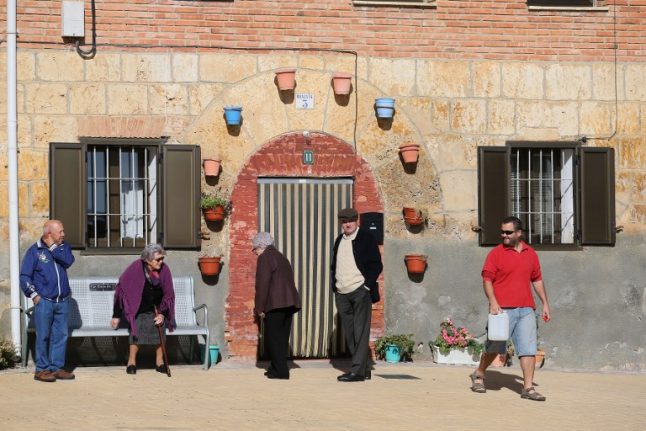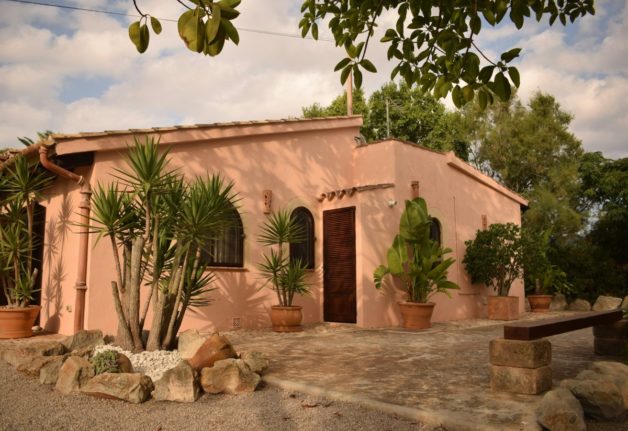It’s a practice that’s neither illegal nor obsolete, but still a hard pill to swallow for many Spaniards who were unaware it was going on.
An increasing number of pensioners in Spain are choosing to help out budding homeowners with a half price discount on their properties.
But the enviable offer is attached to one condition some buyers might find rather morbid.
It’s the concept of bare ownership, which allows the seller to continue living in the property after the purchase goes through and until they pass away.
“What I want is to die in my house,” 92-year-old Carmen Segovia told Spanish daily El Español, who’s planning on selling her 100sqm flat for just under €200,000.
“I have all my family memories here so until I die, I’d like to live well.”
One Spanish Twitter user raised eyebrows earlier in August after sharing a property ad for a Madrid apartment he’d spotted which read “The current owner, over 70 years old, will continue to live in this property as a usufructuary until the end of his days”.
SE VENDE PISO CON SEÑOR MAYOR DENTRO hasta QUE SE MUERA pic.twitter.com/J48yf0dMna
— Chesaronne (@Chesaronne) August 13, 2018
Some commentators reiterated that the legal practice is completely above board but other Twitter users found it macabre that the property handover is dependent upon someone’s demise.
Sea una cosa o la otra, ¿no es inquietante? ¿Podrías llegar a desear la muerte de otra persona para usar la casa en la que ahora vive? Yo no dormiría bien.
— Troya la Gatika (@latroyica) August 13, 2018
“One way or another, isn't it disturbing? You could actually wish someone else's death to have access to their homes? I wouldn't sleep well,” wrote one Twitter user.
“I also couldn’t believe it when I first saw it. It’s one of those things you don’t even think about until you search for a home. Then you realize it happens every day and it’s quite sad,” another commentator wrote.

But for the pensioners making use of Spain’s naked ownership laws, which gives them the usufruct rights to use and enjoy a property belonging to someone else, it’s a no brainer.
“Our daughters are doing well for themselves and won’t need the house, so by selling it we’re going to have some more money to live more comfortably with, “ 88-year-old Mariano Muñoz told El Español.
And the somewhat bizarre conditions attached to this type of property sale don’t seem to be putting off buyers, with agencies seeming capable of selling the cheaper homes very quickly to anyone who sees the medium to long term appeal of the offer.

French website bareownership.com, which underlines that this practice is common in Spain, France and Belgium, states “under this type of purchase you can maximize your investment capacity and buy properties with an immediate reduction of 40 to 50% of the value of full ownership, with no risk of sacrificing quality.”
If you’re not put off by the prospect of having to wait for someone’s death to obtain full ownership of your property and want to find out more about the specifics of Spain’s bare ownership law, here’s a useful link.
Madrid-based estate agency Eduardo Molet specialises in the purchase and sale of properties under bare ownership.



 Please whitelist us to continue reading.
Please whitelist us to continue reading.